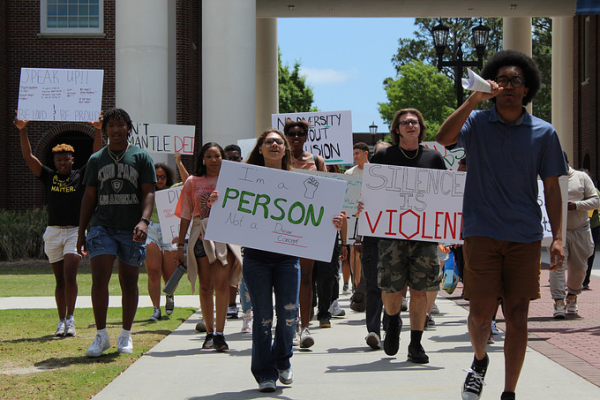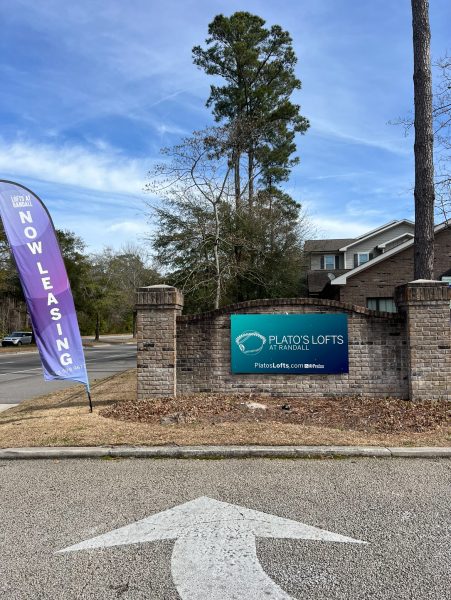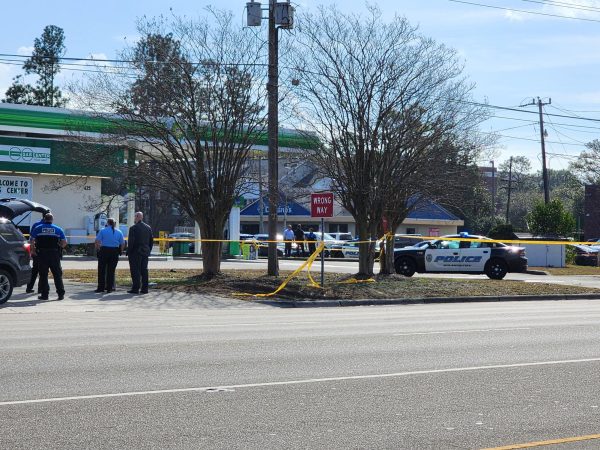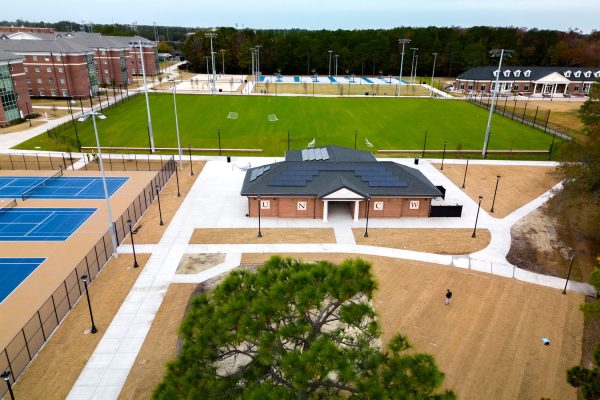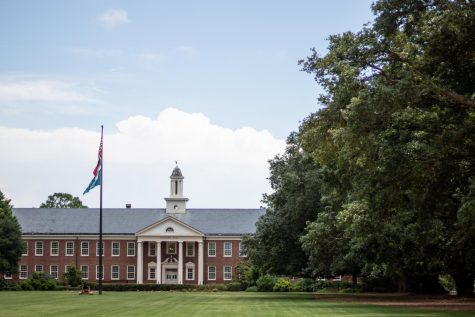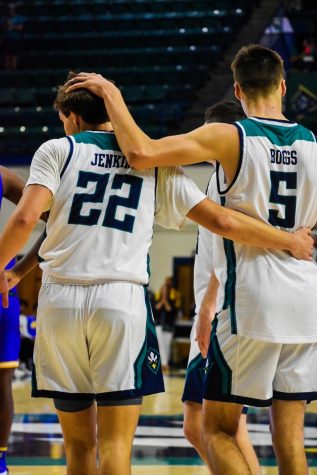Effects of national tragedy shake campus
September 12, 2001
The tragic attacks on the World Trade Center and the Pentagon have left the campus in emotional turmoil. Shortly before 9 a.m. on Tuesday morning, two hijacked airplanes, one belonging to American Airlines, the other to United Airlines, slammed into the World Trade Center, causing both 110-story towers to crash down. An hour later, another American Airlines plane crashed into the west wall of the Pentagon.
The attack broke into the veil of safety most Americans feel living in the country. Such an attack led to feelings of denial and numbness throughout the country.
“It’s like watching a video in history class. Nobody really expected it, and everybody just kind of felt safe in America,” student Kelly Blanchfeild said.
One of the biggest consequences of the attack has been the fear generated by possible implications of the attack.
“You wonder ‘are we at war?'” senior James Downey said.
Many students have family and friends in the areas affected by the attacks, and felt waves of fear and sadness in hearing the news.Sarah Van Schagen, UNCW Life editor for The Seahawk, was among those for whom the event hit close to home. Van Schagen is the daughter of an American Airlines pilot based in New York. Fortunately, her father was not set to work on Tuesday.
“Our generation has never lived through a war… It’s scary to think that at any moment something could happen to you or your family,” she said.
In addition, counseling sites were set up Tuesday in University Union in room 204, Warwick Center in room 104, in addition to resources in the Student Development Center in Westside Hall to aid students in dealing with the tragedy.
“It is easier to take in, and it seems more real with others around,” said junior Melissa Bryant, with regard to the experience of hearing the news within the university community instead of in by herself at home.
University administrators have taken measures to avoid over-generalizing the situation for students with direct ties to the situation and students from overseas.
“[The administration] is taking a very assertive approach to [aiding students in dealing with the situation],” said Jim Dragna, director of the Student Development Center.
Foreign students are among those with whom administration is most concerned about offering services in coping to the situation, according to Pat Leonard, vice chancellor for student affairs.
Additional counseling resources will be available to students at St. Andrew’s Convent Presbyterian Church, 1416 Market Street, today from 9 a.m. to 8 p.m. and Friday from 9 a.m. to 5 p.m.
The Student Government Association is currently setting up operations to better aid in the face of the disaster.
“It’s difficult to see how the student body will get through this,” said Nicole Radford, SGA secretary of technology. Students and faculty interested in giving blood may contact the Cape Fear Chapter at (910) 762-2683.
